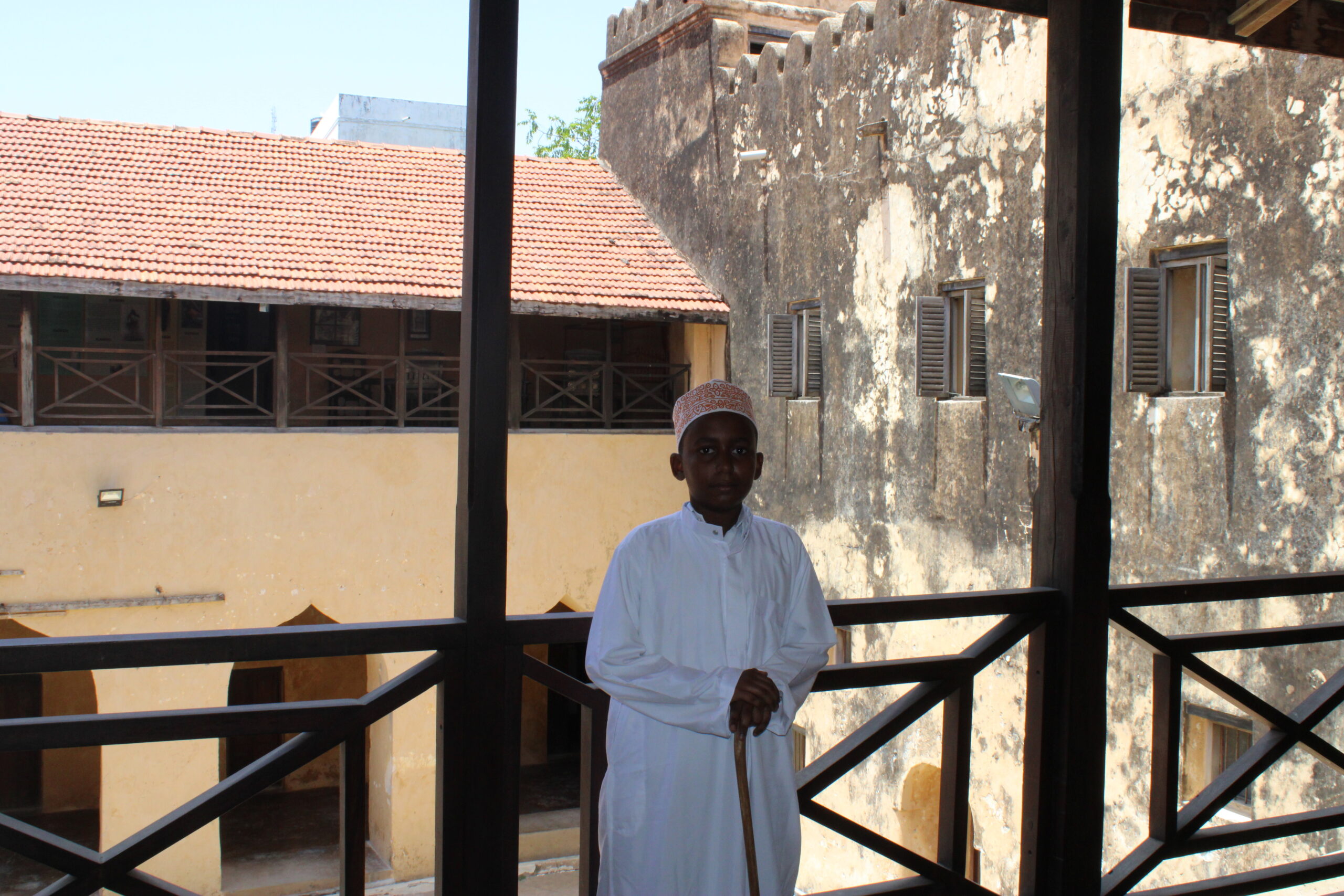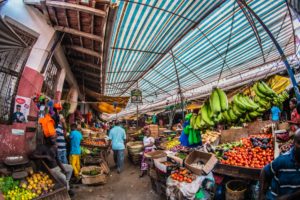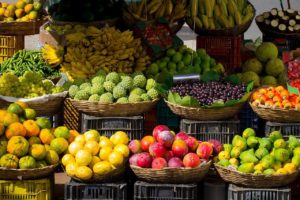Celebrating Faith: Major Religious Holidays in Kenya and Tanzania
In this post we’ll look at major religious holidays in Kenya and Tanzania. These countries are rich in cultural and religious diversity, so their festive calendars are vibrant and deeply meaningful. The most important religious holidays in these East African nations come from Christianity and Islam. This reflects the faiths of their majority populations. In Kenya, about 85% of the population is Christian, while Islam accounts for about 11%. In Tanzania, about 55% of the population is Christian, and 32% Muslim. Both Christian and Islamic celebrations bring families and communities together, blending spirituality with tradition and festivity. Here’s an overview of the major religious holidays celebrated in these nations. For each one, we’ll examine their significance, customs, and the special foods that accompany them.
Christian Religious Holidays in Kenya and Tanzania
Christianity is the dominant religion in both Kenya and Tanzania, and Christian holidays like Krismasi (Christmas) and Pasaka (Easter) hold a special place in the hearts of many.
Christmas
Christmas commemorates the birth of Jesus Christ, of course the central figure in Christianity. It is a time for spiritual reflection, gratitude, and joy. Churches hold special Christmas Eve and Christmas Day services, Misa ya Krismasi (Christmas mass). These often include carols and nativity plays. Families gather to share meals, exchange gifts, and celebrate the holiday spirit. In rural areas, people return to their ancestral homes to connect with extended family.
Dishes such as nyama choma (roasted goat or beef), pilau (a fragrant and flavorul rice dish) and chapati (a kind of flatbread) are popular. Traditional drinks such uji wa ulezi (a fermented porridge drink) and non-alcoholic beverages are also served. Homes and churches are decorated with vibrant colors, lights, and Christmas trees.
Easter
Easter celebrates the resurrection of Jesus Christ, symbolizing hope, renewal, and salvation. The Easter weekend, from Good Friday to Easter Sunday, involves church services, processions, and prayer gatherings. Many churches hold night vigils on Holy Saturday.
Easter is less focused on lavish meals than is Christmas, but gatherings still feature special dishes like stews, rice, and chapati. In some regions, there are traditional dances and storytelling sessions after church services.
Islamic Religious Holidays in Kenya and Tanzania
Islam is the second-largest religion in Kenya and Tanzania, particularly significant in coastal areas like Mombasa, Zanzibar, and Dar es Salaam. The two major Islamic holidays are Eid al-Fitr and Eid al-Adha.
Eid al-Fitr
Idi el-Fitr or Sikukuu ya Idi el-Fitr (Eid al-Fitr) marks the end of Ramadan, a month of fasting, prayer, and reflection. It is a time to express gratitude to Allah and to help the less fortunate. Muslims begin the day with a communal prayer at the msikiti (mosque), followed by visits to family and friends. It is customary to give zakat al-fitr, a form of charity, ensuring everyone can partake in the celebrations.
Special dishes include biriyani (a flavorful rice dish layering rice between meat and vegetables), sambusas (savory pastries), and sweet treats like halwa (a sweet, sticky treat). Families dress in new or finely laundered clothes, and children often receive gifts or money.
Eid al-Adha
Idi el-Hajj or Idi el-Adha (Eid al-Adha) is also known as the Feast of Sacrifice. It honors the willingness of Prophet Ibrahim (Abraham) to sacrifice his son in obedience to Allah’s command. It is celebrated after the annual Hajj pilgrimage.
The day begins with a prayer service, followed by the ritual slaughter of an animal, often a goat, sheep, or cow. The meat is shared in three portions: one for the family, one for relatives, and one for the needy. Grilled or stewed meats take center stage, accompanied by dishes like pilau and flatbreads. The act of sharing food symbolizes generosity and unity.
Other Religious Holidays in Kenya and Tanzania
In addition to Christian and Islamic holidays, Kenya and Tanzania are home to diverse communities that celebrate other religious and cultural traditions. Hindus celebrate Diwali among Indian communities. Traditional African spiritual practices also influence certain local celebrations, blending with mainstream religious holidays.
Unity Through Festivity
What makes these holidays truly special in Kenya and Tanzania is the spirit of togetherness and the vibrant cultural expressions that accompany them. These include hearty meals, beautiful decorations, or shared prayers. These holidays are moments of joy and reflection that bring people closer, transcending religious and cultural divides.
For visitors and locals alike, participating in these celebrations offers a glimpse into the heart of East African spirituality and culture. Whether you’re savoring the aroma of spiced pilau during Eid or joining a Christmas carol in the hills of Kenya, these holidays are unforgettable experiences that capture the essence of community and faith.
Get on the road to speaking Swahili with the Language Garage!
We hope you’ve enjoyed learning about religious holidays in Kenya and Tanzania. If you’d like to learn more, check out our other posts on Swahili language, culture, and more. And if you’re looking for convenient and affordable live Swahili lessons with a real teacher, check out The Language Garage Swahili. Our lessons are given online in a virtual classroom, so it doesn’t matter where you live or work. We can come to you. And we have flexible options, with a free trial so that you can decide if there’s a fit. Check us out!
Image Source Wikimedia Commons






